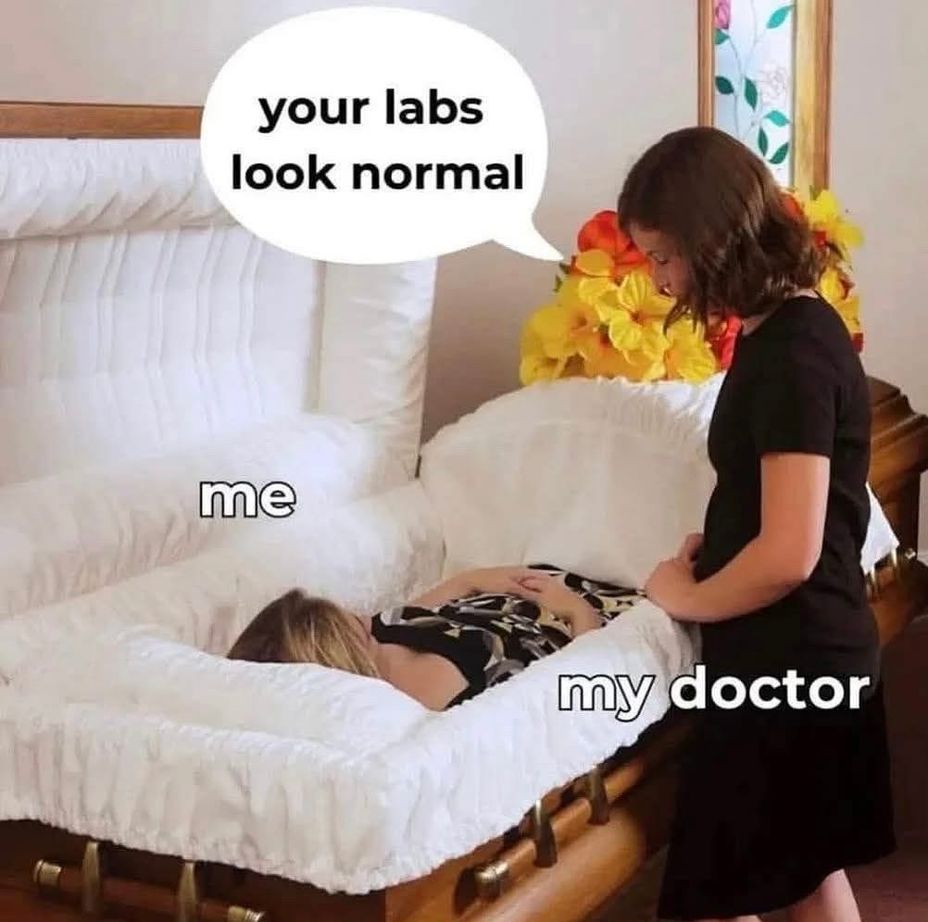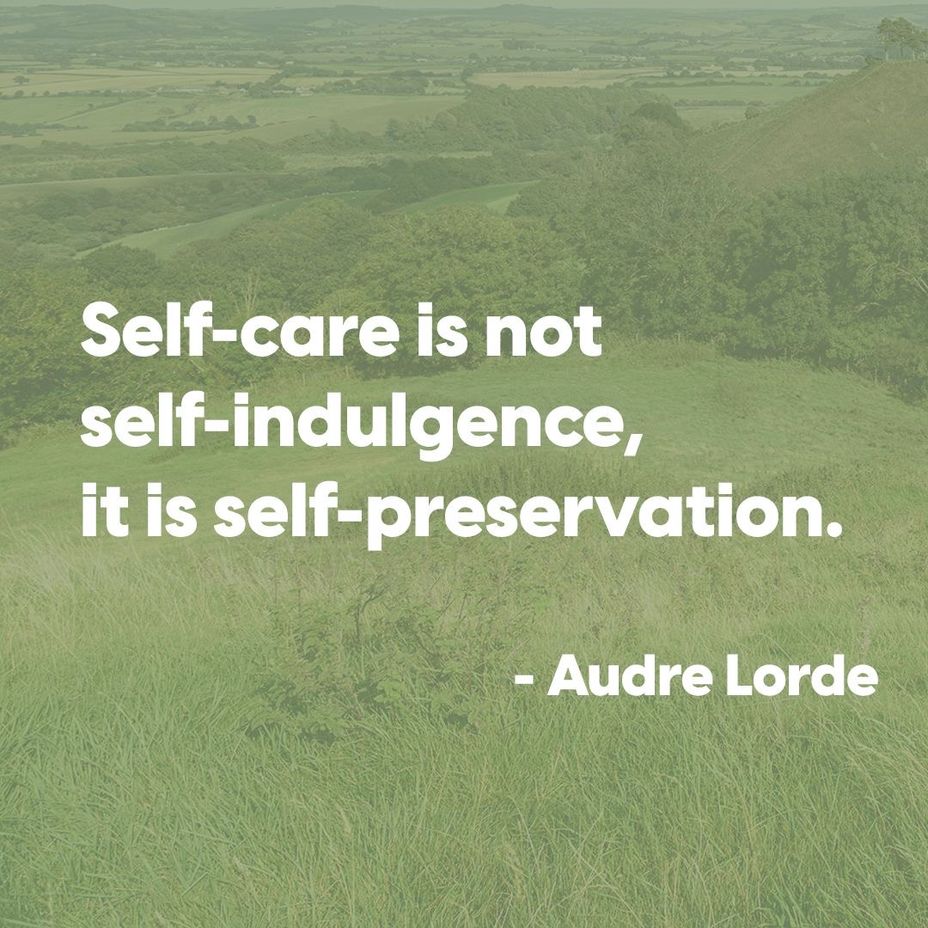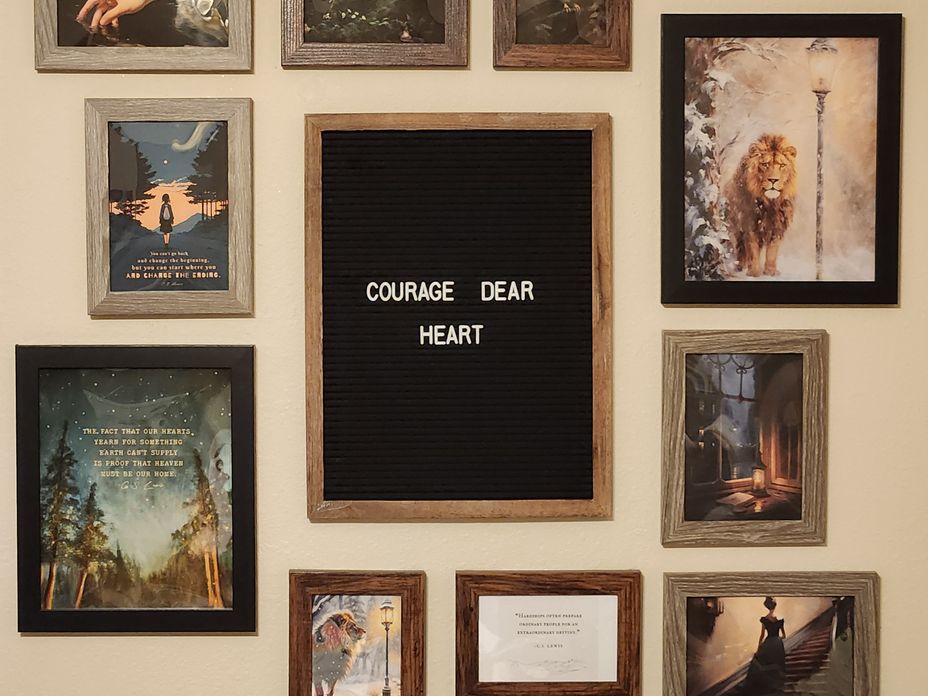Here for Support
Hey! I am here to support you on your undiagnosed journey! I have Epilepsy and Cerebral Palsy so if you may have any questions or want to know more to figure out if you have these conditions feel free to reach out!
Hey! I am here to support you on your undiagnosed journey! I have Epilepsy and Cerebral Palsy so if you may have any questions or want to know more to figure out if you have these conditions feel free to reach out!

for all my fellow mighties who have been failed by the medical community who continue to use a one-size-fits-all approach. we will keep fighting together for wellness 😌💪🏼💖 #ChronicIllness #Undiagnosed #MentalHealth #MyalgicEncephalomyelitis #ChronicFatigue #Anxiety #Depression #Disability #ObsessiveCompulsiveDisorder #Insomnia

“So what are your plans for the future “
My old councilor once asked me .
“ Hope I have one “ I responded with a witty chuckle .
He busted up laughing then said “ No really .. what are your plans for the future “.
I had to be honest and tell him I stopped planning for the future long ago .
Becuase of my illnesses in my eyes life had become an hour by hour , minute by minute situation .
Approach it with no plans , just a “fly by the seat of your pants “ situation. And hope you make it to the “next level . “
Sorrow filled his eyes as he told me .
“ The things you really really want . You have to plan for .
I want you to do one thing that will go towards your future “
And the thought of that terrified me .
( Yep I am THAT big of a commit-a - phobic )
But here I am 3 years later .
And Today I went to the bank and finally took that advice .
And it felt so good .
Most people in my life viewed this act as something super small
Heck it probably is
But it gave me a bit more hope in the big beautiful “ maybes” the future might bring
And in the season of life I am in . That little step meant everything
I challenge you to make one little act , one little plan for the future , and see just how good it feels ❤️ #MightyTogether #CommonVariableImmuneDeficiency #RareDisease #MentalHealth #Anxiety #Undiagnosed #autoimmune #MCAS #ChronicIllness #ChronicPain

for my fellow mighties who need to hear this today. hear it. then know it. then believe it. stronger together 💪🏼❤️
#ChronicIllness #MentalHealth #Depression #Anxiety #PTSD #Trauma #MyalgicEncephalomyelitis #ObsessiveCompulsiveDisorder #Disability #Undiagnosed
For years I have lived with a “fibromyalgia” diagnosis and numerous strange symptoms that come and go. Recently things have escalated and changed and bloodwork revealed the probability of autoimmune disease; my PCP is guessing lupus or sjogrens. For all these years I have felt and seen the disbelief of people close to me and them thinking I’m just being “dramatic” or anxious. My ex husband went so far as to tell me to not tell anyone I have fibromyalgia because it’s embarrassing. When I recently received the lab results that I am not in fact “being dramatic “, I felt like throwing up my middle finger to everyone who turned their back and brushed me off. My mother even told me that she thought I was just having anxiety issues. My psychiatry nurse pointed out it is like I am validated now, even though having an autoimmune illness is definitely not something anyone wants. I feel like after all these years I am not just being a whiny butt. Now will come the hard part of waiting to see a specialist, it’s months to get in and that part sucks. I don’t have a lot of people in my circle and this does feel isolating so I’m here to try and be proactive, try and keep anxiety about the unknown and off the wall symptoms down and connect with others who are in the same boat. #autoimmune #ADHD #Undiagnosed #whatswrongwithme
#SjogrensSyndrome #SystemicLupusErythematosus #RaynaudsPhenomenon
If you're comfortable, feel free to share how you're doing today and where you are in your health or diagnosis journey. 💌

I’m 47 and have been living with chronic pain and profound fatigue for years now. I rely on a wheelchair for things like shopping or walking the dog. I can’t stand for long or walk very far. Everyday things—things I used to take for granted—are now major obstacles.
Despite countless tests, appointments, and even private consultations, I still don’t have a clear diagnosis. Most recently, a private doctor suggested possible hEDS (hypermobile Ehlers-Danlos Syndrome) or POTS (Postural Orthostatic Tachycardia Syndrome), but also said that “even if it is one of those, there’s not much we can do.” He encouraged me to just accept things.
But I can’t accept the idea that I’m just stuck like this without even a name for what I’m going through.
I’ve heard “medically unexplained symptoms” more times than I can count—and every time, no matter how gently it’s said, it feels like I’m being dismissed. Like I’m too complicated, too messy, too inconvenient. Like my pain is a mystery no one wants to solve.
And the thing is, I do have documented conditions: a hypermobile coccyx, Bertolotti’s syndrome, stage 4 endometriosis, scoliosis, and spinal nerve compression that required surgery. These aren’t theoretical. They’re real. They’re in my records and in my body. I understand how central sensitization and the nervous system can amplify pain—but I also know what’s happening to me is not just in my head.
I work, and I fight to keep working, because it gives me structure and identity. But the effort it takes is immense. I use pain relief sparingly so I can’t be told I’m psychologically dependent on it—if anything, I avoid it unless absolutely necessary. Yet when pain relief is discouraged without alternatives, it feels like I’m being asked to endure without tools or support.
What I want—what so many of us want—is not a cure. It’s a name. Something that says: Yes, you are seen. You are believed. What’s happening to you is real. A name opens doors. A name brings access. A name brings peace.
If you’ve ever felt dismissed or invisible because your symptoms didn’t come with a neat label, I want you to know—you’re not alone. I see you. And I’d love to hear from others who are walking this same uncertain, exhausting road.
Thank you for reading.
Hello everyone, it’s been a week and I thought I’d give a little update on how things are going.
I had a busy work week so I didn’t do much of anything not work related until I got off.
Health wise, I don’t know how to put into words how I feel. Wether to be optimistic and cheerful or to let myself be more myself with my emotions.
I’ve been monitoring my blood pressure as I was instructed, still low 90% of the time. Especially in the morning. I’m dizzy all the time as well, especially when standing for prolonged periods and when I’ve just gotten up. My BP cuff reports my heartbeat rate as well which is often in the 50-60’s range despite having times where I’d feel like my heart was racing even without feeling anxious or doing any activity.
My chest feels tight, filled with discomfort and even pain. I’ve had times where I’d be completely relaxed but feel shortness of breath. Persistent and for long periods of time.
Today it felt like the pain in my chest radiated to my inner upper arms.
It feels awful.
I am still working my job, I want to keep working but I’m a little concerned about the safety aspect of my work.
I’m not terribly concerned about it but any advice would be helpful.
Hello, my name is Angel. I’m a young adult woman who has been diagnosed with several conditions but currently I have noticed, and professionals, that my Blood Pressure levels are too low more often than they should be. There is a trend to this I have unintentionally noticed, every time I get up after sitting or laying down my BP dips very low and I will get very lightheaded. I’ve had this experience going back to childhood but never knew about the decrease in BP. I was told about a condition called Orthostatic Hypotension but I’ve never looked into it much myself. I don’t think it’s that serious for me, but some tell me to take it more seriously than I do as when I say I just ignore the lightheadedness, they get concerned. Is there anything Is should be doing differently? I’m not sure what to do.
#MightyTogether #Undiagnosed #OrthostaticHypotension

I've been chronically ill most of my life. And I've tried A LOT of different things to help or find answers.
But I'm tired.
Worn out.
Exhausted.
Grieved.
I wonder if it's time to stop working so hard to eke out a possibility of feeling better, and just let things be as they are. Live as I am, and let it be enough.
But I'm scared that that's giving up.
Or...is it giving in? Surrendering my denial that this is how it is?
I'd love to know what my Mighty family thinks of this.
#ChronicPain
#Anxiety
#MentalHealth
#DiabetesType1
#ADHD
#PolycysticOvarySyndrome
#Fibromyalgia
#GastroesophagealRefluxDisease
#MTHFRMutation
#Undiagnosed
#Grief
#MyalgicEncephalomyelitis
#AdrenalInsufficiency